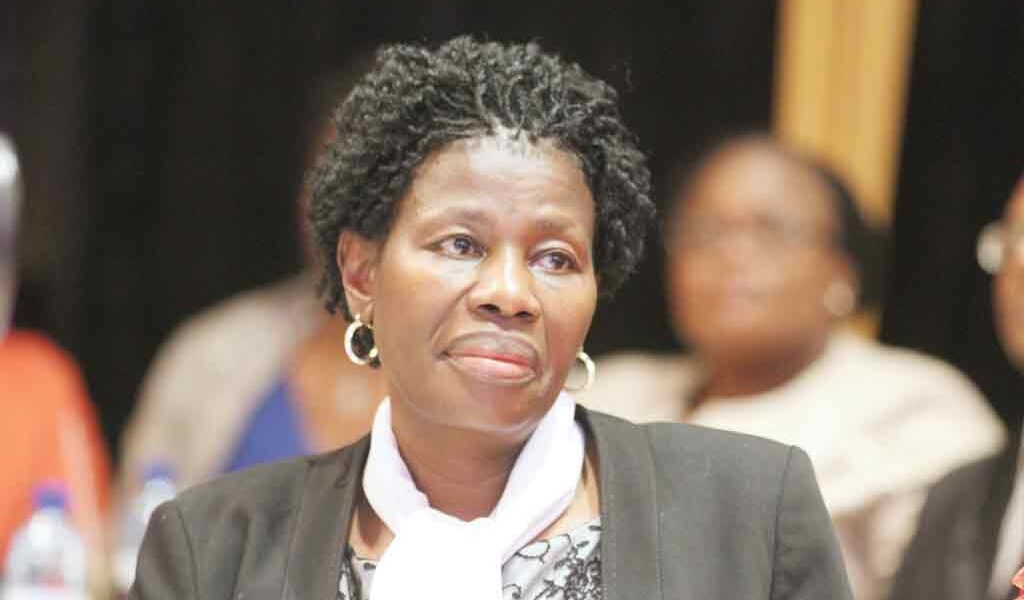- HIV/AIDS prevalence extreme in Botswana
- Youth, sex workers and clients to be given priority
- 20 year old ABC strategy not helping
BOAGO RAMAPHANE
National Coordinator at the National AIDS Coordinating Agency (NACA) Grace Muzila has revealed that the organisation received a total of USD 32 million from the Global Fund to use in fighting Tuberculosis (TB) and HIV/AIDS in Botswana.
According to Muzila a sum of USD 5 million was received in February 2016 while USD 27 million was received just recently. Addressing the media in Francistown recently, Muzila said “Since the first case of HIV/AIDS hit Botswana in 1985, measures have been put in place to fight the disease but it is unfortunate that still the HIV/AIDS prevalence is regarded as extreme here as compared to other surveys done globally. It is for this status that despite Botswana being an upper middle income country qualified for funding.”
She explained that Botswana continues to perform poorly with an HIV prevalence of 18.5% which is considered to be very high by the World Health Organisation (WHO), putting into perspective the small population that makes up Botswana. The money which is equivalent to P 400 million will among other things be used to formulate and implement new strategies which will be used to fight the epidemic. “We do admit that the Abstain, Be faithful, Condomise (ABC) strategy that we came up with 20 years ago is not working for us, hence why we need new strategies to approach this problem,” Muzila said.
She also explained that as NACA, they have a huge challenge to tackle in HIV/AIDS due to behavioural issues. Low usage of condoms and the large sum of money the government spend in by-medical treatment is evidence enough that Batswana have not changed, she argued. “The President even gave us an assignment last year to go find out what is really the problem out there and the results depicted that behavioural change was still a challenge. We found out that some even go to an extent of just stopping to take their medication for no particular reason and that is on the rise. It is very worrying but we continue to provide education because their treatment after that becomes even more expensive,” she said.
On providing foreigners with ARVs, Muzila explained that they have decided to take the issue with SADC member states and are still in talks where a fund will likely be set up to pay for their treatment. “We do understand the negative implications of foreigners not receiving treatment while staying in the country. But however we could not commit ourselves as we may end up having an influx and failing to keep up,” she explained.
According to NACA, as they come up with programmes and distribute the money, priority will be given to the adolescents and youth especially girls, sex workers and their clients and men who have sex with men among others.

